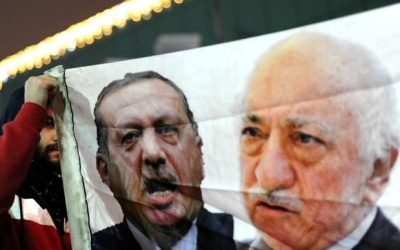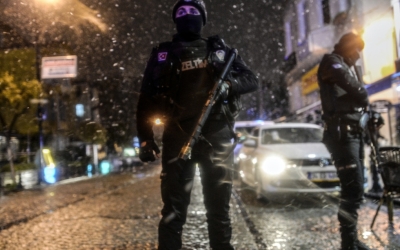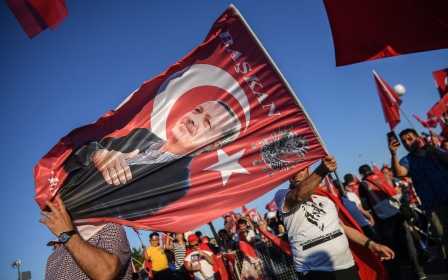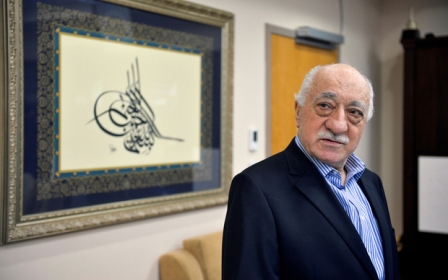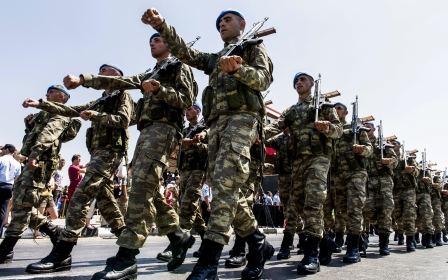Turkey spies detain Fethullah Gulen's nephew in Kenya: Reports
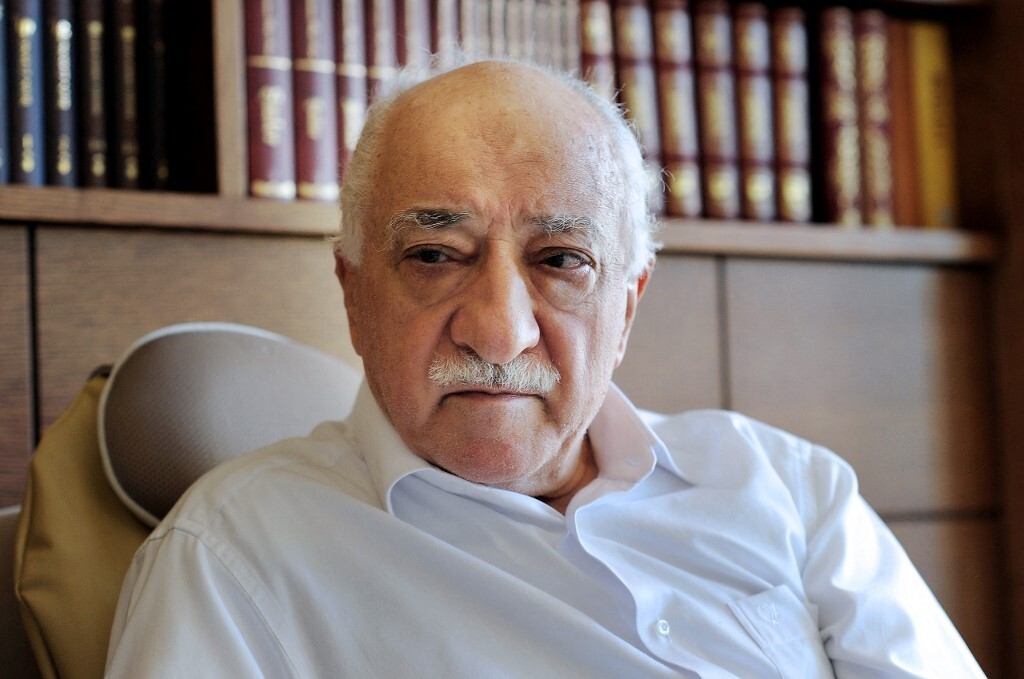
Turkish spies have captured the nephew of Fethullah Gulen in Kenya and brought him back to Turkey, according to Turkish state media, as the crackdown against President Recep Tayyip Erdogan’s arch-foe and his movement continues.
Ankara accuses the US-based preacher of masterminding a failed coup in 2016 that left hundreds dead and thousands more injured - accusations Gulen has denied.
Since the failed coup, Turkey has detained tens of thousands of people accused of belonging to Gulen’s movement and has “repatriated” dozens of others from abroad.
Turkish state news agency Anadolu reported on Monday that Selahaddin Gulen had been brought back to Turkey by agents from Turkey's National Intelligence Organisation (MIT) after he had "fled" abroad, quoting unnamed security sources.
While Anadolu did not say where Selahaddin had been detained, his wife confirmed in a video posted on social media on 20 May that the couple lived in Kenya and that she had not heard from her husband, who taught at a school in Nairobi, since 3 May.
“We got married recently and my husband was kidnapped on 3 May by a group of anonymous people and taken to an unknown place,” she said.
“I believed he was kidnapped and taken to Turkey on 5 May. I reckon he is facing an abduction only because his surname is Gulen,” she said.
According to Anadolu, Selahaddin was sought for being a member of "an armed terror group".
Individuals and media linked to Fethullah Gulen's movement said on social media that Selahaddin had been "kidnapped" in Kenya, as they launched a campaign calling for his release.
"We will soon announce the capture of a very important FETO member. He is in our hands," Erdogan said on 19 May, a likely reference to Selahaddin Gulen, using a derogatory acronym for the Gulenist movement.
Failed putsch
Fethullah Gulen, who lives in Pennsylvania, insists he is the head of a peaceful network of charities and companies, and denies any links to the 2016 coup bid.
But Erdogan, who once was allied with Gulen, describes him today as the leader of a "terrorist" group that seeks to infiltrate and overthrow his government.
Erdogan's critics accuse him of using the failed putsch as a pretext to quash dissent, with more than 60,000 people detained over alleged links to "terrorist" groups.
Turkey has designated his network a terrorist group, which it has named the Fethullahist Terror Organisation, or FETO.
Ankara has also put pressure on many countries, especially in the Balkans, Central Asia and Africa, to close schools linked to the Gulenist movement.
Kenya refused in 2016 to close six establishments, despite Ankara's insistence.
It was not immediately clear if Selahaddin Gulen was seized with the agreement of the Kenyan authorities.
In 1999, Turkish services arrested the leader of the outlawed Kurdistan Workers' Party (PKK), Abdullah Ocalan, in Kenya. Ocalan remains imprisoned in Turkey.
The kidnapping of six Turkish nationals in Kosovo by MIT agents in 2018 sparked a political crisis in the Balkan country, leading to the sacking of its interior minister and intelligence chief.
Turkey continues to seek the extradition of Fethullah Gulen from the United States, as well as hundreds of others from elsewhere.
Since 2016, more than 140,000 public-sector workers - including teachers and judges - have also been sacked or suspended over suspected Gulen ties.
Middle East Eye propose une couverture et une analyse indépendantes et incomparables du Moyen-Orient, de l’Afrique du Nord et d’autres régions du monde. Pour en savoir plus sur la reprise de ce contenu et les frais qui s’appliquent, veuillez remplir ce formulaire [en anglais]. Pour en savoir plus sur MEE, cliquez ici [en anglais].


